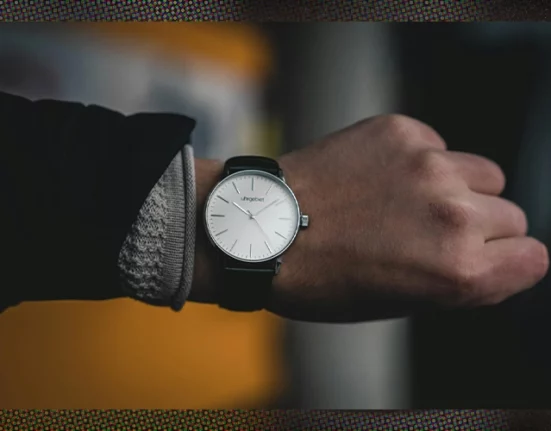WE’VE all been late at least once or several times in our lifetime but habitual tardiness should be a big no-no, not only for Filipinos but for everyone.
If we can think of one of the worst traits that Filipinos have, one that we can perhaps all agree with is the habit of being perennially late. We’ve all probably encountered a friend or relative who is known for arriving beyond the scheduled time.
While we can easily brush off the idea of being a minute late as something trivial, unfortunately, there are times when some Filipinos would push their tardiness to an unacceptable level, such as being several hours late.
Recently, the phrase “Filipino time” went viral on X after former Senator Bam Aquino asked netizens to share which they thought was the most toxic trait among Filipinos.
Tanong lang:
— Bam Aquino (@bamaquino) April 3, 2024
Anong Pinoy “toxic trait” o ugali ang pinaka-ayaw niyo at nais niyong mabago nating mga Pilipino? 🇵🇭
Netizens didn’t waste time and immediately wrote “Filipino time” as a reply. They shared their thoughts about the trait.
FILIPINO TIMEEE!!!!
— Ri🍀³⁵BIGBANG kings 👑 (@CrownedBIGBANG) April 4, 2024
STOP 👏 WASTING 👏 OTHER 👏 PEOPLE'S 👏 TIME 👏 https://t.co/yCIHFtNaFY
filipino time lang, wag na kayo magpa antay tangina inet inet na nga antatagal nyo pa kumilos mga bwiset. https://t.co/5AGmR5Jfdd
— ei. (@ultraluminaeri) April 4, 2024
"filipino time" culture!!! mga walang manners at sobrang annoying ng mga taong gumagawa nito
— portia is a bts enjoyer (@facejiminn) April 4, 2024
Filipino time 😒 https://t.co/SedwTVrAFH
— Alex 🌸 (@alekssxxzz) April 4, 2024
filipino time
— your angelica🥀 (@missykrysyXV) April 4, 2024
gagi nag effort ko para maka abot sa sabot early or on time pero magpa late ghapon ang uban https://t.co/gXxL3jlRXL
Brief history of “Filipino time”
The phrase “Filipino time” had been used to describe a known practice among Filipinos of arriving later than the agreed meeting time. It was first coined as a term by the Americans during the colonization.
It refers to the tendency of Filipinos to be late to a scheduled meeting and events.
Even if the trait has long existed in the community, being habitually late has remained with Filipinos to this day.
Being later than the agreed meeting time usually has a negative effect on one’s trip–take a friendly hangout that you planned a week ago.
Arriving later than the expected time would usually eat up the time you should be spending with the loved one but since most of us are unlikely speak up about it so we can be “polite,” it ends up being deemed as acceptable—enabling an awful pattern.
Gen-Z’s take on “Filipino time”
21-year-old Levi Natividad thought it was an interesting cultural phenomenon for Filipinos to struggle with punctuality.
“I think it’s an interesting cultural phenomenon that reflects a general struggle Filipinos face with being punctual,” he said. “I think it’s a funny topic because, in my experience, it only usually comes up with friends when some of us are late to hang out and stuff. It’s usually because of traffic or other personal errands.”
Natividad also believed that it’s still basic decency and politeness to try and avoid being late for school or work-related events as much as possible, and that “Filipino time” shouldn’t be a valid excuse for a person to be late.
Meanwhile, 24-year-old Rhossel Santiago said this trait was something that people should refrain from having as it is not good.
Santiago also shared an experience where Filipino time negatively affected her because she ended up missing important things.
“It affected me negatively because I would have moments in my life as a student where I would do ‘Filipino time’ and it would make me miss on important things like lectures and whatnot,” she said.
Why we should change “Filipino time”
Even if it is just being a minute late, an agreed or set meeting time should be followed not just during scheduled events but also in school and at work.
While being late is deemed disrespectful to many people, one should also consider the time they’re supposed to be using with their loved ones or when it matters.
The term “Filipino time” is a harmful stereotype as it marks us as a community that doesn’t consider other people’s time to be important.
Either way, being habitually late is something that should no longer associated with our identity as Filipinos.









